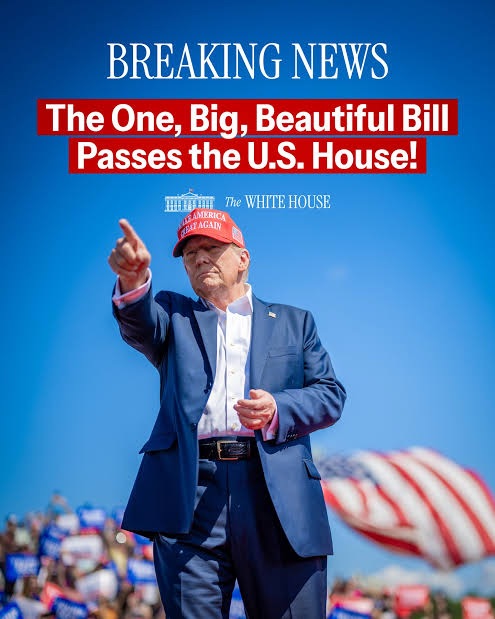WASHINGTON (AP) — Efforts to conclude the ongoing government shutdown have seemingly diminished as both Republicans and Democrats stand firm in their positions, leading to a prolonged standoff.
As the situation unfolds, Senate leaders returned to Capitol Hill for yet another vote regarding government funding, now entering its fourth day without significant advancement. Democrats insist on extending health care benefits, while Republicans continue to push a House-passed bill that aims to briefly reopen the government mainly at existing spending levels.
Senate Majority Leader John Thune expressed skepticism about reaching a resolution, stating, Until they have eight or hopefully more — 10 or more — people who want to decide they want to end the government shutdown, I’m not sure this goes anywhere.
Despite the Republican party controlling the White House and both chambers of Congress, the necessity of securing 60 votes in the Senate due to filibuster rules has effectively empowered Democrats to leverage their 47 seats to advocate for policy concessions, primarily focusing on health care issues, which they view as pivotal for future electoral success.
The implications of the shutdown extend beyond politics; approximately 750,000 federal employees could face furloughs leading to significant wage losses, which economists warn could ripple through the economy, reducing consumers' spending power.
House Democratic leader Hakeem Jeffries remarked, What you’re going to see is more than 20 million Americans experience dramatically increased health care premiums, co-pays and deductibles because of the Republican unwillingness to extend the Affordable Care Act tax credits. Jeffries encouraged party unity against what he deems as impending harm to American families.
The Stakes and Impacts
The Democrats are adopting a high-risk strategy by effectively voting for a government shutdown to assert their stance. Trump has characterized the funding lapse as an unprecedented opportunity to implement substantial cuts and lay off federal workers rather than merely implementing furloughs. These measures may pose significant risks to infrastructure projects, especially in states represented by Democratic senators.
Jeffries stood firm amidst threats of fallout: The cruelty that they might unleash on everyday Americans using the pretense of a shutdown is only going to backfire against them.
However, discussions do continue in the Senate among a few bipartisan senators, aiming to negotiate extending ACA tax credits for a year while also attempting to reopen the government. Yet these discussions seem to be nascent and lack significant involvement from the leadership.
As the weekend approaches, Senate leaders are preparing for a continued standoff, with uncertainty looming over the next potential vote. Thune noted, if this upcoming vote fails, he would provide time for reflection before pushing for additional voting measures.
While both sides remain confident in placing blame on each other, the public response to the shutdown will be critical as both parties adapt their strategies to address constituent concerns amid the ongoing impasse.




















